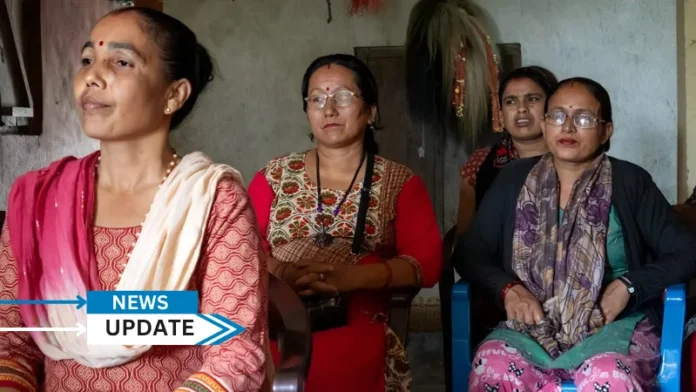
The Asian Development Bank (ADB) must strengthen its gender equality initiatives by increasing incentives, improving interdepartmental collaboration, and updating its gender policy to provide a coherent framework covering emerging issues, an Independent Evaluation report said.
The evaluation assessed the relevance of ADB’s gender strategies, their implementation and impact on gender equality outcomes, as well as the institution’s capacity for transformative change.
“ADB was an early leader among multilateral development banks in institutionalizing gender mainstreaming, and now ensures gender action in most projects,” said IED Director General Emmanuel Jimenez. “However, the depth in project designs often falls short. To deepen its impact, ADB must integrate gender equality objectives into country- and sector-level strategies, supported by updated data and analysis.”
According to the report, ADB is the only multilateral development bank to implement ratings for gender results at project completion. “But the current approach doesn’t fully capture gender equality outcomes. Integrating qualitative and intermediate outcomes with quantitative metrics could better reflect transformative impacts,” evaluation co-team leader Nassreena Baddiri said.
Limited familiarity with gender equality concepts among staff has led to inconsistent operational practices to enhance outcomes. Mandatory training, clearer definitions, and consolidating gender experts under the Gender Equality Division to support staff throughout the bank can promote deeper gender mainstreaming.
“ADB must also update its 1998 Gender Policy to provide a coherent framework for guiding gender equality initiatives,” said evaluation co-team leader Eoghan Molloy. “The current policy, designed for a different era, inadequately addresses issues like gender-based violence, intersectionality, and transformative change. ADB’s Strategy 2030 operational plan for gender equality, approved in 2019, introduced modern concepts, but the existing policy creates a mismatch with these practices.”
Economic growth, government actions, technological advancements, and collaborative efforts have improved gender equality in Asia and the Pacific, but progress remains uneven. Deep-rooted inequalities, exacerbated by the COVID-19 pandemic, climate crisis, and geopolitical issues, pose major challenges to achieving gender equality by 2030.
About Independent Evaluation at ADB
ADB’s Independent Evaluation repot, reporting to the Board of Directors through the Development Effectiveness Committee, contributes to development effectiveness by providing feedback on ADB’s policies, strategies, operations, and special concerns in Asia and the Pacific.
About ADB
The Asian Development Bank (ADB) is committed to achieving a prosperous, inclusive, resilient, and sustainable Asia and the Pacific, while sustaining its efforts to eradicate extreme poverty. It assists its members and partners by providing loans, technical assistance, grants, and equity investments to promote social and economic development. Established in 1966, it is owned by 68 members—49 from the region.





